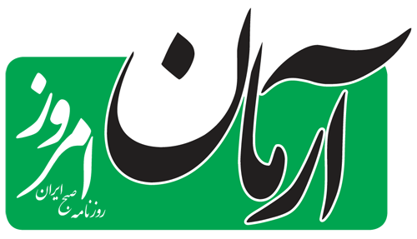
For years, classical musicians in Iran have kept the flame of this noble art alive despite all difficulties—artists who, in the silence of the stage, ignore the wounds of economic hardship, lack of support, and scarcity of resources, holding on to their love for music and commitment to their art. However, after the pandemic, these challenges intensified for musicians and orchestras around the world, pushing even renowned orchestras in developed countries into financial and livelihood crises. In the United States, the National Symphony Orchestra (NSO) has recently launched widespread protests over working conditions and salaries, hoping that the true value of their art will be recognized and appreciated.
According to recent reports, the NSO musicians’ protests have reached a peak in recent days, triggered by salary cuts and unequal working conditions. The musicians of the NSO have announced that over the past five years, their actual base salary has decreased by 15%, while in the same period, the New York Philharmonic has increased its musicians’ salaries by 30%. For this reason, NSO musicians have voted to strike against the John F. Kennedy Center for the Performing Arts and are demanding improvements in their situation. In response to this discontent, the Kennedy Center has proposed a 12% salary increase over the next four years, along with expanded health insurance benefits, paid maternity leave, and new job opportunities for musicians. However, NSO musicians believe that these offers still fall short of meeting their needs, and they hope that through their protests, they can achieve better conditions.
Yet these protests in the U.S. merely point to the deeper problems Iranian musicians have been grappling with for years. The situation in America reminds us that these hardships represent a global crisis, affecting musicians worldwide, and the musicians of the Tehran Symphony Orchestra are no exception—perhaps even facing more complex and difficult circumstances. Financial problems, lack of regular support, and inequalities and discrimination within the structure of salaries and benefits between orchestra musicians and other staff have placed these artists on a challenging path.
Since Esfand (February–March) of last year, musicians of the Tehran Symphony Orchestra have been deprived of many recurring benefits. In the past, occasions such as birthdays were opportunities for offering gift cards and presents that, in addition to financial support, also boosted morale. But now, this practice has been discontinued, and musicians are left without these benefits. This situation has revealed a disregard for their needs and has negatively affected their motivation.
In addition, discrimination between the musicians of the Tehran Symphony Orchestra and employees of the Rudaki Foundation has led to serious dissatisfaction. While Rudaki Foundation staff receive financial loans and regular payments, Tehran Symphony musicians are denied such privileges, and their salaries are often paid late and irregularly, adding to their financial stress. In the best-case scenario, monthly incomes of Tehran Symphony Orchestra musicians reach about 10 to 12 million tomans—an amount that is practically insignificant when faced with rising living costs and inflation. Moreover, musicians must cover the costs of instrument maintenance and accessory purchases themselves, which consumes a large portion of their income and places further financial burden on them.
These financial and livelihood challenges have placed the musicians of the Tehran Symphony Orchestra in a situation that demands greater attention from the country’s cultural authorities. It is hoped that under the new administration, with effective and constructive measures, better conditions will be created for musicians of both the Tehran Symphony Orchestra and the Iranian National Orchestra—so these artists can pursue their artistic work with motivation and peace of mind, and continue contributing to the advancement of the nation’s music.
Written By Farid Parish
